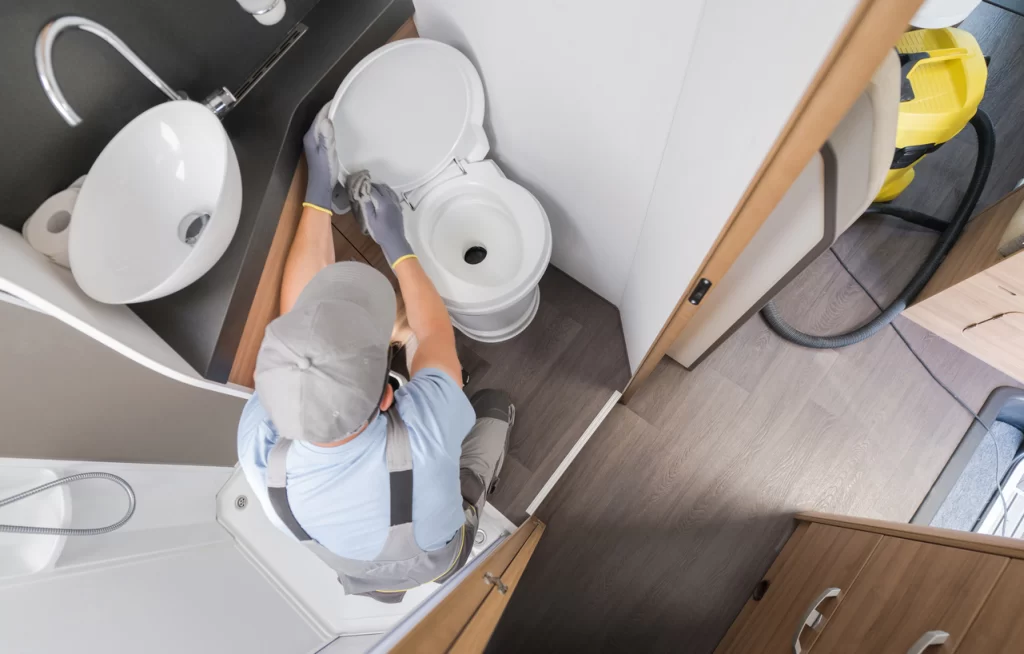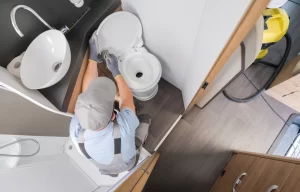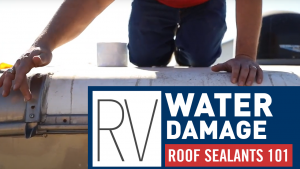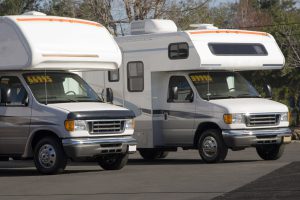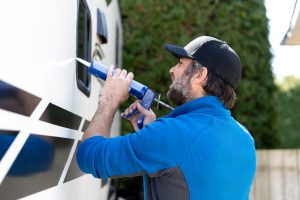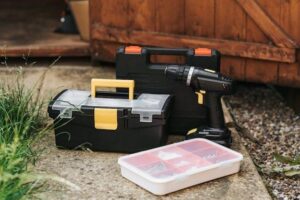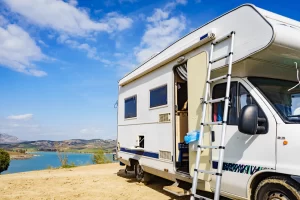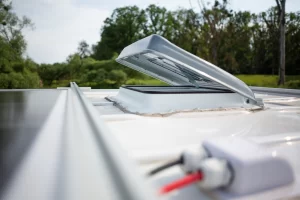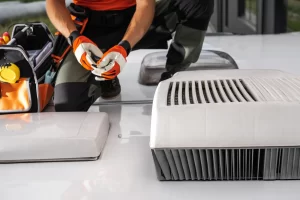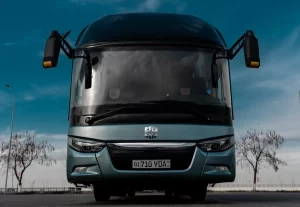
It’s disheartening to start getting ready for an RV trip only to realize your vehicle needs the tires inflated or the oil changed. With this essential RV maintenance checklist for each season, you’ll keep your vehicle road-ready for your next trip and potentially save money on unexpected repair costs.
Keep in mind how you use your RV determines the types of tasks you need to complete. It’s not so much about what to do each season, but how frequently you need to tackle these tasks.
Monthly Tasks to Keep in Mind
While you’ll need to tackle some tasks once or twice a year, other tasks need to be taken into consideration monthly. Start with this list:
- Check all the seals around windows, doors, skylights, HVAC systems and others. Use an RV sealant to lock out any type of moisture or air penetration.
- Lubricate the slide-outs. Use hot, soapy water at least once a month to clean out the buildup along all seals. Use an RV spray lubricant to keep them working properly.
- Check your battery. Keep it charged or consider setting up a consultation service call if it’s time to replace your battery.
- Inspect your tires. Always inspect for cracks, dry rot, and road tar on the tires. Keep them properly inflated.
- Run the generator at least one time a month. This helps ensure it continues to operate reliably.
- Top off the fluids. Including oil, brake fluids, transmission fluids, and wiper fluids.
Seasonal Tasks to Keep Your RV Working Its Best
Monthly maintenance tasks are always important. However, there are some tasks you need to do one time each season. No matter if you are in your RV full-time or infrequently, these tasks should be a priority to complete once every three or four months.
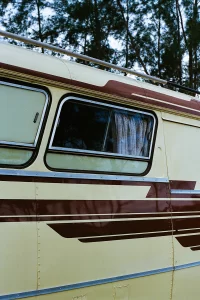
- Clean the exterior of the motorhome or RV. As you do, ensure there is no evidence of damage to the exterior, no signs of animal infestation, or any damage to surfaces from sun or weather damage. It’s also best to wax the exterior at least one time every four months. Alternatively, you may want to consider painting the exterior if there’s significant sun damage.
- Replace the water filter. Most only last three to four months depending on the frequency of your use of the RV. Keeping it in good working order protects your water supply.
- Lubricate any areas considered high-wear metal. This includes all hinges, slide outs, and hitches. This prolongs the life of each component.
- Inspect the entire RV for any signs of damage. This includes newly developed or worsening areas of rust, soft areas, noticeable water damage, and cracks or holes.
- Have the interior deep cleaned. If you’re out of season from your next trip this may also be a great time for you to consider some RV interior upgrades to make the space more fitting to your needs. Clean the interior as you would your home, one area after the another, sanitizing and organizing as you go.
Tasks to Do a Bit Less Often
Though any of these tasks can be done more often, it’s a good idea to plan to inspect these areas at least one time every six months.
- Complete a visual inspection of the propane tanks. If you see any signs of damage to the hoses or seals, replace them. Inspect all cylinders for signs of rust or damage. The longer these continue, the more likely they will fail over time.
- Take a closer look at all safety equipment. Check the smoke detectors, carbon monoxide detector, the exterior lights, security systems, and the fire extinguisher.
- Have the brakes serviced. Professional brake repair is an important way to keep your vehicle operating at its best when you’re on the road (those emergency repairs while you’re traveling are not ideal!)
- Sanitize the fresh water tank on your RV. If you haven’t done this in the last six months, make it a priority to follow the manufacturer’s recommendations or sanitize it.
- Have your heating and cooling system inspected. Not only will this keep it working at its best, but it will also keep each system working efficiently.
- Have your RV’s engine inspected, and all belts and hoses replaced as needed. This is best done by a technician who may also be able to offer recommendations for replacement components over time.
It’s always a good idea to set up an inspection with your trusted RV repair team to make sure your vehicle is truly ready for the road. Check out Leisure Coachworks in Fontana, California, for any of the RV services you need to get your system working at its best.
